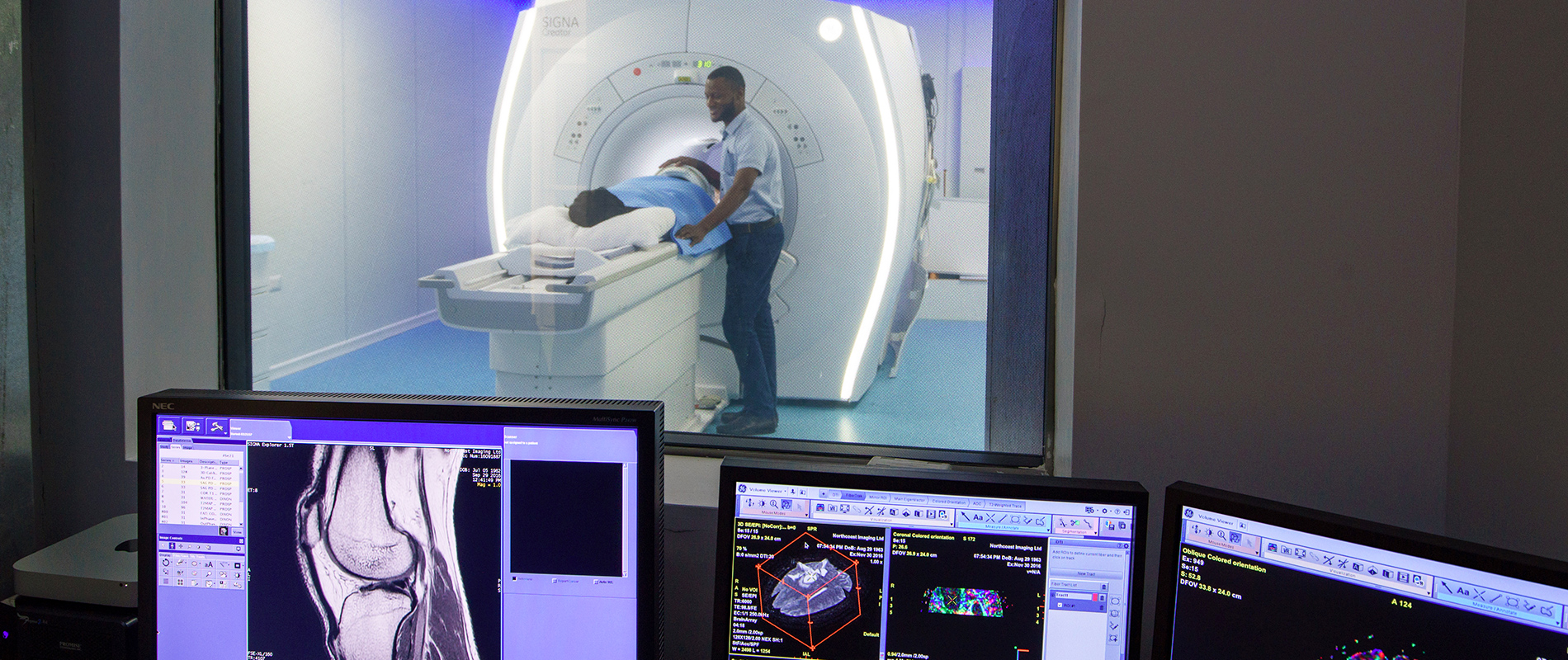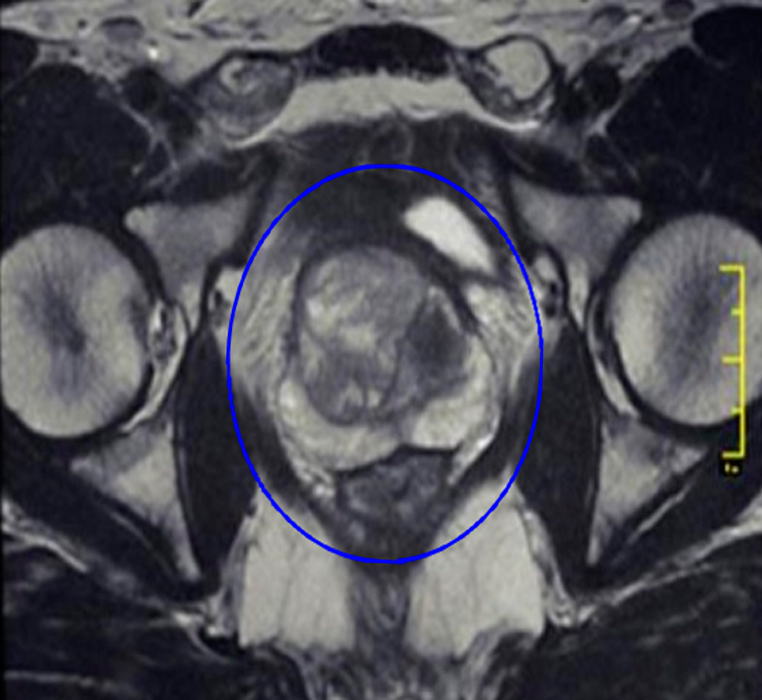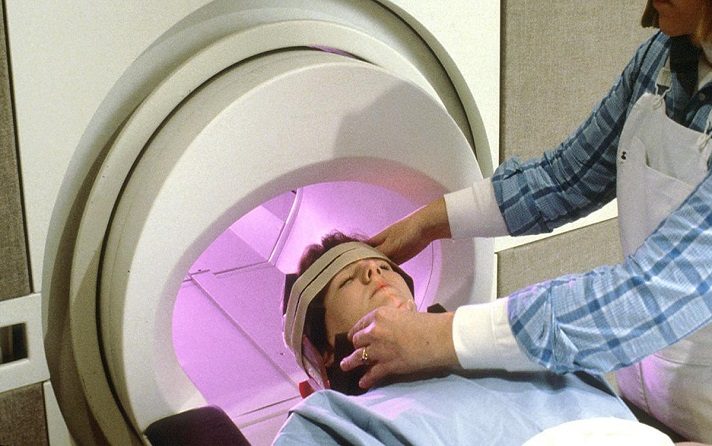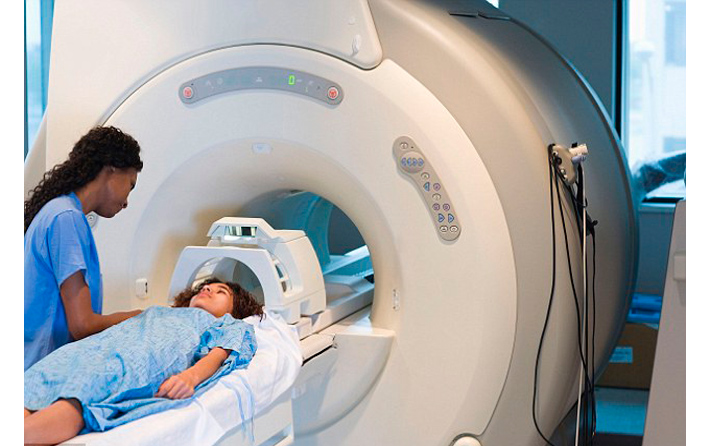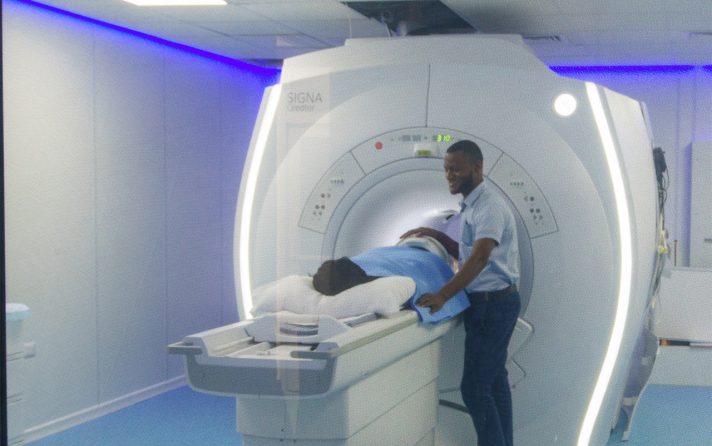Magnetic Resonance Imaging (MRI)
Magnetic Resonance Imaging (MRI) is one of the most sophisticated diagnostic tools available.
The images can be used for early detection and treatment planning for many conditions and diseases.
MRI often replaces invasive tests that may be risky, less accurate, more expensive, or require hospitalization.
The technology uses a large magnet, radio waves and a selection of coils to examine the region of interest requested by your doctor.
Radio signals given off by the body are digitally processed to produce images based on both the body’s anatomy and its chemical composition and does not require the use of ionizing radiation. Sometimes a contrast agent may be required. This helps to make the details of the MRI images clearer.




